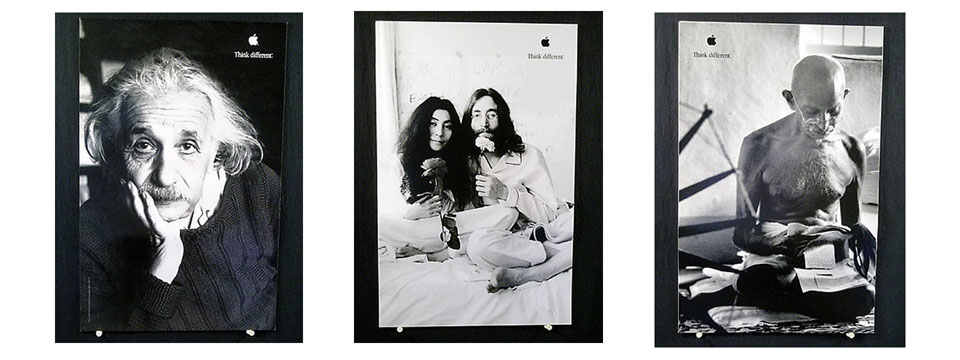For all of the accelerated evolution that’s currently happening in the world, there are a few things about human beings that seem to always stay the same.
Today, my friend Jamie graciously allowed me a guest post on her fabulous blog.
Check out my thoughts on Why “Tribe” Is The New “Job Security” here.



